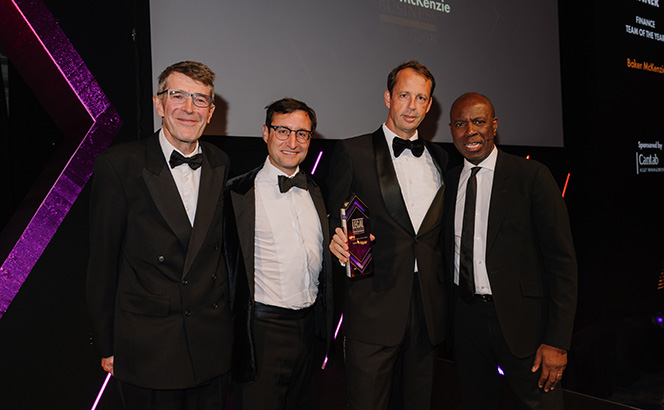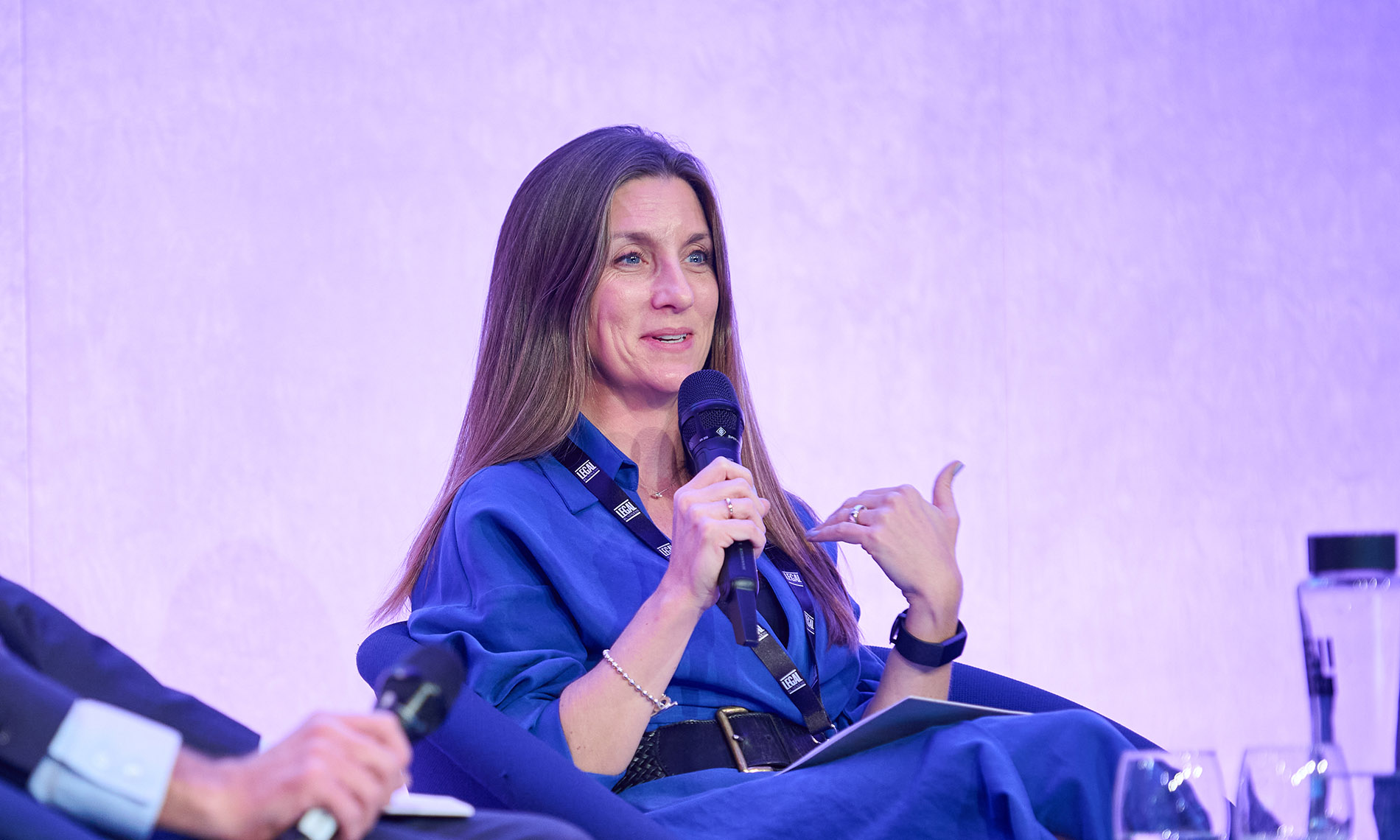
Baker McKenzie won Finance Team of the Year at the Legal Business Awards for representing project manager Oceans Finance Company in structuring and implementing the government of Ecuador’s $1.6bn debt-for-nature swap and providing $300m for the Galápagos Islands – the largest marine conservation debt conversion to date.
LB spoke with partners Matthew Cox and James Tanner (pictured, middle) to learn more about their experience working on this landmark deal, the challenges they encountered, and what it meant to win Finance Team of the Year.










